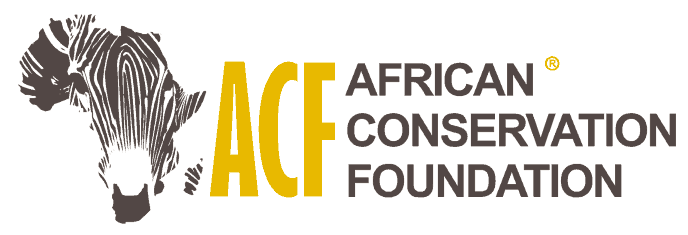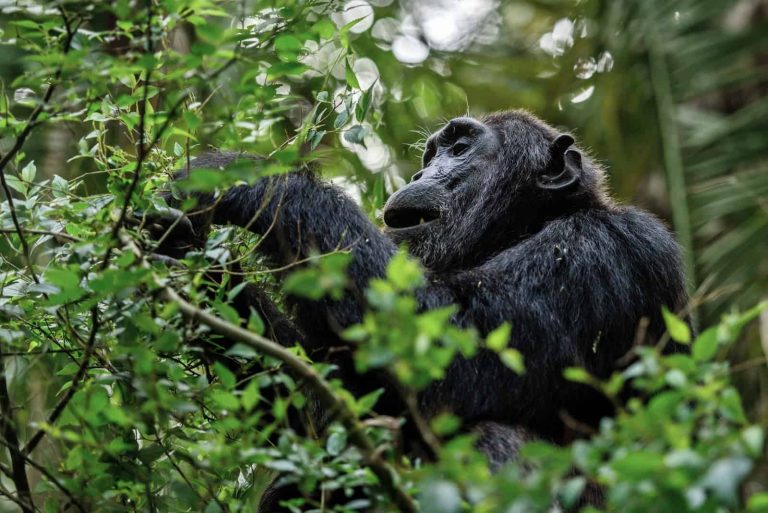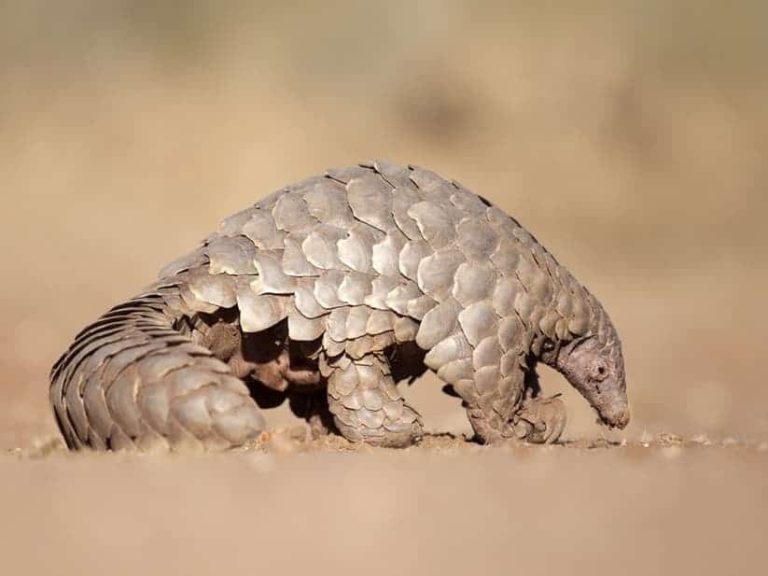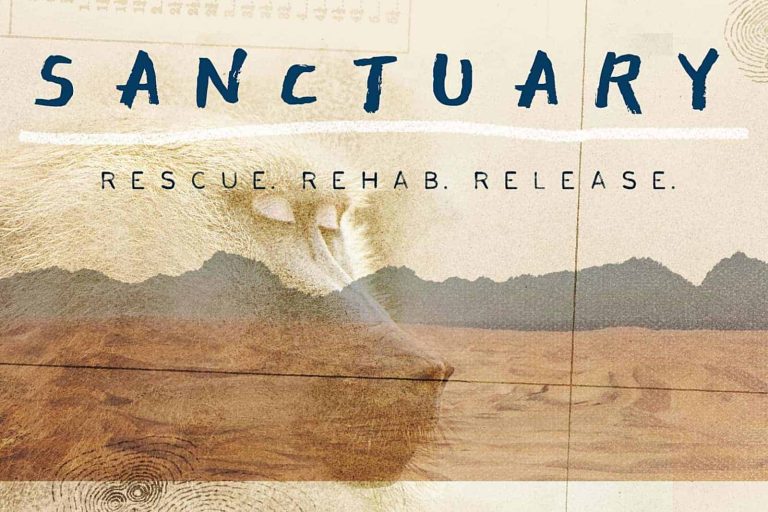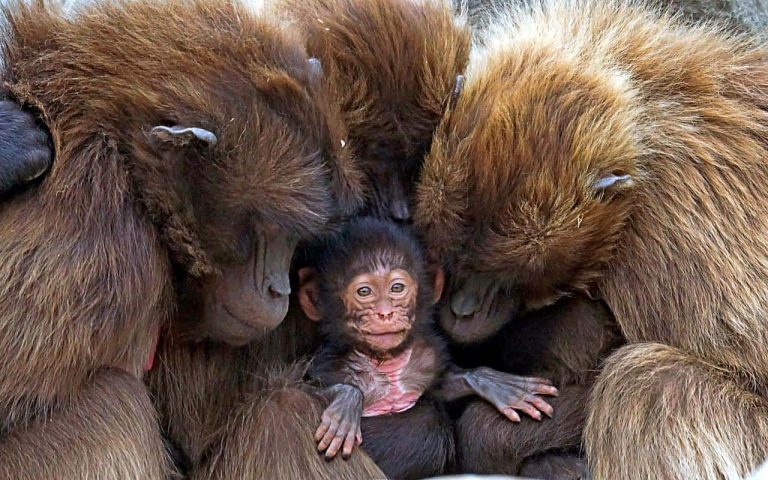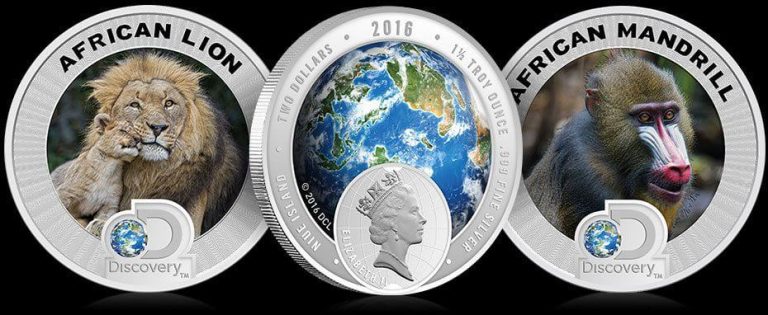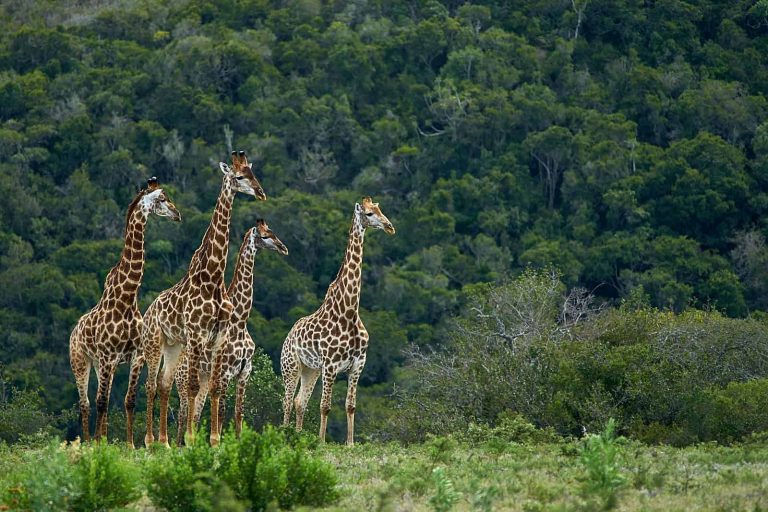Guinea approves creation of largest sanctuary for the West African chimpanzee
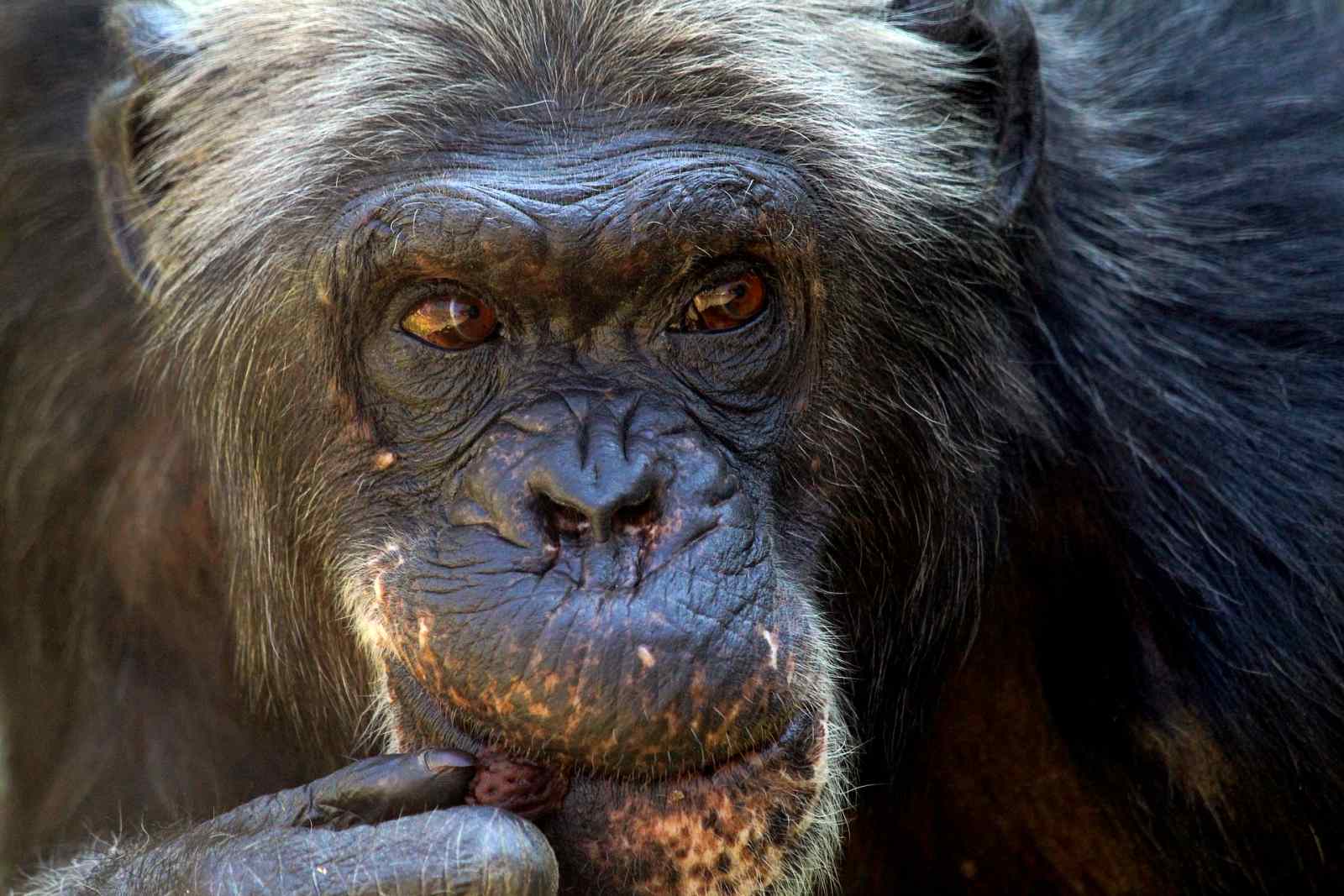
The population of chimpanzees in West Africa has declined by over 80% in the last 20 years and in September 2016 they were classified as a critically endangered sub-species by the International Union of Nature Conservation (IUCN). As a result of this dramatic decline, the Government of Guinea has decided to implement its objective of protecting 15% of its land by 2020. On 28th September 2017, the Minister of Environment, Eaux et Forêts signed a ministerial order for the creation of the national park of Moyen-Bafing which hosts about 4,000 chimpanzees in an area of 6,426 sq km, the largest protected area for West African chimpanzees in Guinea.
The proposal for the park’s creation was jointly made by the Office Guinéen des Parcs et Reserves (OGuiPar) and the Wild Chimpanzee Foundation (WCF), and followed an extensive inventory in 2012 of all protected areas of the country including the province of the Foutah-Djallon. This confirmed that Guinea has in the region of 17,000 chimpanzees, by far the largest population in West Africa. However, many of these populations are small and isolated. The area of the Moyen-Bafing, overlapping with the prefectures of Tougué, Koubia, Dinguiraye, Dabola and Mamou, encompasses seven classified forests with what now constitutes the largest continuous population of this critically endangered sub-species in West Africa, and one of the largest on the African continent.
The Director-General of the OGuiPar, Colonel Mamady Keita said: “It is a great day for nature conservation in Guinea. The creation of a national park will contribute to the protection of this important sub-species, while allowing our Government to come closer to our objectives, as outlined during the 10th Conference of the Parties of the Biodiversity Convention held in Nagoya, Japan, in October 2010. ”
The proposal to create the park resulted from a long process during which detailed data on the distribution and abundance of animal sub-species living in the area, as well as data on the demography and the socio-economy of the local communities, were gathered. An initial stakeholder engagement process was conducted to inform the communities about the benefits and potential implications of this project on their livelihood. In addition, national workshops were held to inform the national and local partners about the project, who then validated the provisional park limits.
Professor Christophe Boesch, President of the WCF said: “When I first arrived in the Moyen-Bafing in 2014, I was impressed by the high number of chimpanzee nests we found along the gallery forests. Then, coming out of a ravine, we heard numerous chimpanzee alarm calls and saw 24 individuals slowly moving away from a pool, while looking back at us. Once at the pool, we noticed they had been fishing for algae deep in the water with twigs they had left behind – a skilled solution to feed, while at the same time covering their need for water during the dry season. This tool use is unique to the chimpanzees in the Moyen-Bafing.”
The WCF engaged with two mining companies, Compagnie des Bauxites de Guinée (CBG) and Guinea Alumina Corporation (GAC), a subsidiary of Emirates Global Aluminium, about using the Moyen-Bafing area as an offset to compensate for the residual impacts of their mining operations on chimpanzees. CBG has received financing from the International Finance Corporation (IFC), a member of the World Bank Group, and IFC is considering an investment in Guinea Alumina Corporations’ Sangaredi bauxite mine. Both companies are committed to implementing conservation activities that will result in a net gain in the chimpanzee population proportional to the numbers impacted in the mining concession. By working with CBG, GAC and IFC, the Moyen-Bafing national park will now receive the financial resources it requires for its activities to protect and rehabilitate the forest environment. This is an excellent example of a collaboration between the Government, the private sector and an NGO to achieve the long-termSet featured image protection of a globally important site for the West African chimpanzee.
The Minister of Environment, Eaux et Forêts, Madame Aissiatou Balde said that: “This park represents a unique chance to contribute to the protection of the West African chimpanzee and, with specific actions, restore the vital function of water in the environment, contributing to an improvement in the living conditions of the communities directly affected by the decrease of rainfall and uncontrolled deforestation.” The next steps are that OGuiPar and WCF will conduct a series of studies including an in-depth socio-economic impact assessment and carry out a process of informed consultation and participation with communities throughout the set-up phase of the park to ensure full understanding of the trade-offs and potential livelihood changes. This will culminate in the official Decret for the national park in approximately two years with the broad support of the communities.
Christophe Boesch added that: “After the disappearance of so many chimpanzees over these past few years in West Africa, we all hope that this important move by the Government of Guinea will signal the start of specific measures to sustainably protect the environment in the region for the good of the chimpanzees and the local human populations who are everywhere being confronted by the negative consequences of climate change.”
“The creation of this national park, comes after many years of effort by the IFC and the WCF as well as CBG and GAC,” said Rene Fontaine, GAC’s Environmental and Social Impact Assessment Delivery Manager. “Founding the national park is just the start of a long and worthy journey towards protecting the habitat of the Western chimpanzee, so that this globally-important sub-species can increase in number and thrive in Guinea.”
For more information:
Colonel Mamady Keita, DG de l’OguiPar, Conakry, Guinea. Tel: + 224 62 25 46 290, Email: sayba58@gmail.com
Prof. Dr. Christophe Boesch, Max Planck Institute for Evolutionary Anthropology, Leipzig, Germany, and President of the Wild Chimpanzee Foundation. Tel: + 49 341 35 50 200, email: boesch@eva.mpg.de, wcf@wildchimps.org
Websites:
Ministère de l’Environnement, des Eaux et Forêts Guinée
